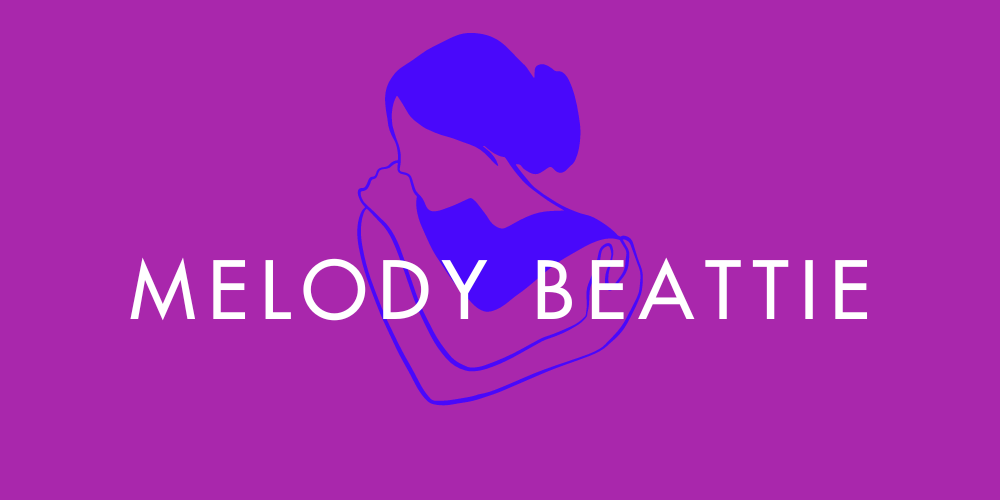Owning Our Power
There is one feeling we need to pay particular attention to in recovery: feeling victimized.
We do not need to become comfortable with that feeling.How do we feel when we’ve been victimized? Helpless. Rageful. Powerless. Frustrated.Feeling victimized is dangerous. Often, it can prompt us into addictive or other compulsive behaviors.In recovery, we’re learning to identify when we’re feeling victimized, when we are actually being victimized, and why we’re feeling victimized. We’re learning to own our power, to take care of ourselves, and to remove ourselves as victims.Sometimes, owning our power means we realize we are victimizing ourselves—and others are not doing anything to hurt us. They are living their lives, as they have a right to, and we are feeling victimized because we’re attempting to control their process, or we’re unreasonably expecting them to take care of us. We may feel victimized if we get stuck in a codependent belief, such as, Other people make me feel. . . . Others hold the key to my happiness and destiny. . . . or, I can’t be happy unless another behaves in a particular way, or a certain event takes place. . . .Other times, owning our power means we realize that we are being victimized by another’s behavior. Our boundaries are being invaded. In that case, we figure out what we need to do to take care of ourselves to stop the victimization; we need to set boundaries.Sometimes, a change of attitude is all that’s required. We are not victims.We strive to have compassion for the person who victimized us, but understand that compassion often comes later, after we’ve removed ourselves as victims in body, mind, and spirit. We also understand that too much compassion can put us right back into the victim slot. Too much pity for a person who is victimizing us may set up a situation where the person can victimize us again.We try not to force consequences or crises upon another person, but we also do not rescue that person from logical consequences of his or her behavior. If there is a part that is our responsibility to play in delivering those consequences, we do our part—not to control or punish, but to be responsible for ourselves and to others.We try to figure out what we may be doing that is causing us to feel victimized, or what part we are playing in the system, and we stop doing that too. We are powerless over others and their behavior, but we can own our power to remove ourselves as victims.Today, I will take responsibility for myself and show it to others by not allowing myself to be victimized.
I cannot control outcomes, but I can control my attitude toward being victimized. I am not a victim; I do not deserve to be victimized.
From the book: The Language of Letting Go: Hazelden Meditation Series
